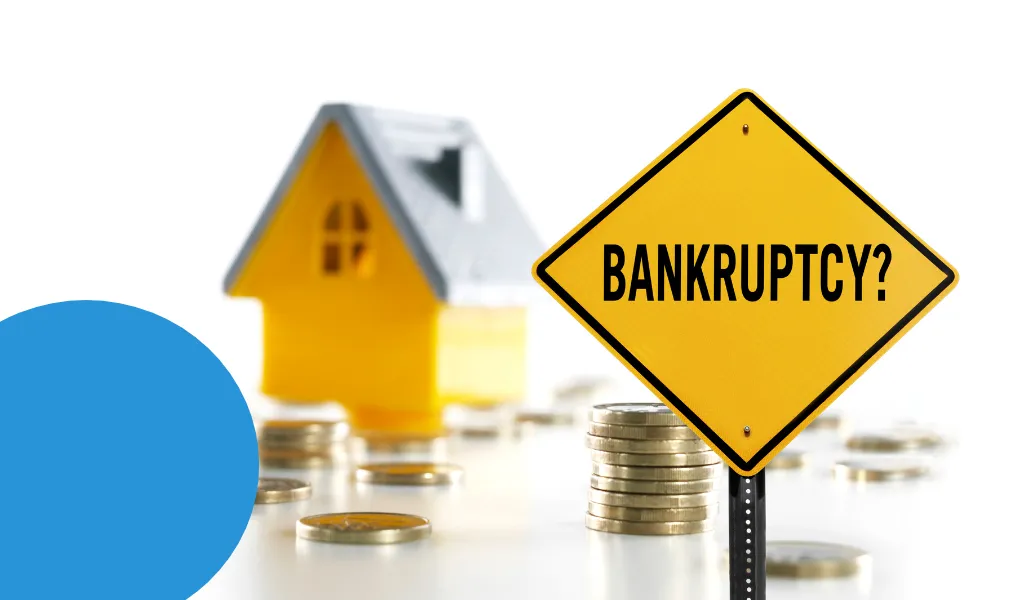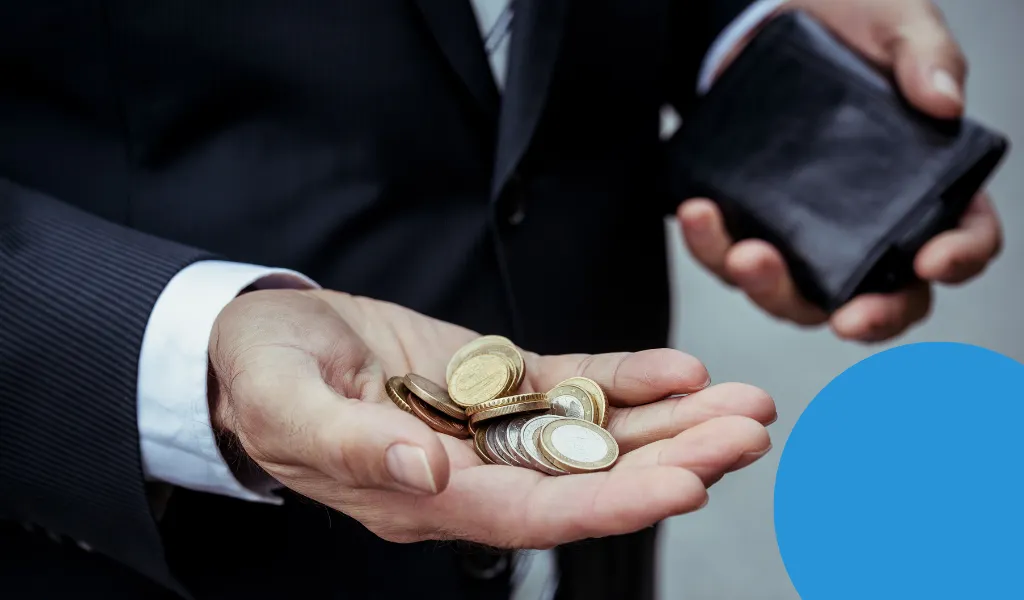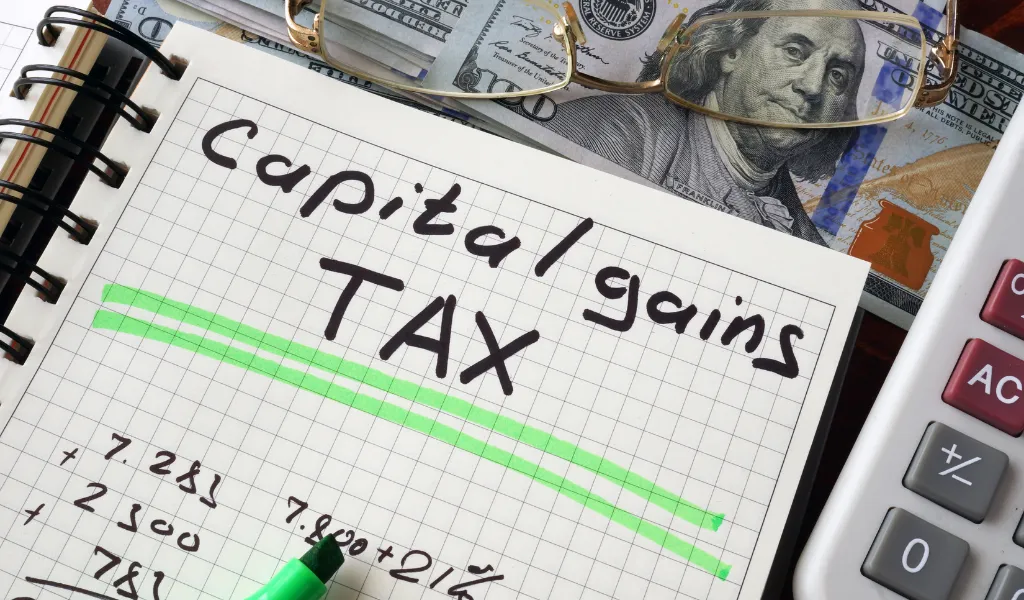Bankruptcy is no doubt a complex matter. It is obvious that will worry about how it will impact your daily life and your financial future. However, if you cannot pay off your debts, then bankruptcy is a brilliant solution. Through this process, you can write off your debts and begin again. Therefore, comprehending the process thoroughly is important before going bankrupt to clear debt.

What is bankruptcy?
Bankruptcy is a form of insolvency that is well known. Through bankruptcy, you can deal with debts that you cannot afford to pay off within a reasonable amount of time. You can write off the debts through this legal process. It involves selling off your assets.
For example, your property and possessions. Usually, it takes twelves months for a bankruptcy to end and discharge to take place. Nevertheless, it can last longer according to your circumstances. You may end up making payments for up to three years into your bankruptcy. Where can you declare bankruptcy in the UK? You can declare it in England, Northern Ireland, and Wales. In Scotland, you can apply for sequestration. It is an alternative to bankruptcy.
How Do You Declare Bankruptcy in the UK?
Now, how does the process of bankruptcy take place? This formal procedure allows you to declare that you cannot afford to pay your current unsecured debts. You can choose to voluntarily declare yourself bankrupt. On the other hand, you can be made bankrupt. This is called involuntary bankruptcy. Usually, creditors initiate an involuntary bankruptcy as they think there is no other way to recover their money. You are not obligated to respond to your creditors after you become Bankrupt. Anyone you owe money to is not allowed to take court action against you. You do not need to respond to their letters or phone calls.
The Official Receiver of the Appointed Representative will manage any correspondence. Your existing debts get written off after the Bankruptcy ends. Which is twelve months, in most cases. This means you can have a fresh start. Even though it is a legal process, it does not involve going to court anymore. You have the option to apply for bankruptcy online in both Wales and England. Whereas in Northern Ireland, you can do it through the High Court. Going bankrupt to clear debt includes and excludes the following:
Bankruptcy Includes Debts Such As
- Credit Cards
- Overdrafts
- Benefit Overpayments (that are not fraudulent)
- Store Cards
- Utility Arrears
- Catalogue
Bankruptcy Does Not Include:
- Child Maintenance Arrears (if they are set by Child Maintenance Service or CSA).
- Criminal Fines.
- Student Loans.
- TV Licence Arrears.
- Social Fund Loans.
- Any debts that you obtain after the date of your bankruptcy order.
- Any debts that you take out fraudulently (for example, benefits fraud).
- Mortgages (in case you want to keep your house).
- Court Orders that state you must pay compensation for someone’s injury.
- Any payments the court orders as part of family proceedings (for example, in divorce cases).
What Happens After Going Bankrupt to Clear Debt?
Once you finish filling out the application and applying for bankruptcy, an official adjudicator will declare you bankrupt. Or they will decide not to. You will find out within twenty-eight business days about their decision. After approval, you will get an Official Receiver assigned to you. Typically, this occurs within a period of two weeks of receiving your Bankruptcy Order. The responsibility of the Official Receiver is to review your information and evaluate your:
- Assets
- Income
- Outgoing expenditures
The purpose of this assessment is to find out how your assets and income can pay back the debt you owe. Your Official Receiver may also request to hold an interview with you. They do this to have a better understanding of your financial circumstance. Then, they can draft and practical payment plan. Once all this is done, you will not need to communicate with your creditors. Your creditors will need to file a formal claim for the amount you owe them to recover it. The Official Receiver is an intermediary between you and your creditors. This means that you cannot pay the creditors directly.
Furthermore, the creditors cannot demand payments from you directly. Until your bankruptcy ends, you must follow Bankruptcy Restrictions. You must do this until they discharge you. What are the restrictions? Well, they relate to taking out more credit. For example, you must inform your lender about your bankruptcy if you want to apply for credit of £500. Or for more. It is both expensive and difficult to take out credit during bankruptcy. The effect of bankruptcy lasts for six years. This is because it stays on your credit report for that long. It is best to start decreasing your debt repayments. That is how you can regain control.

How Can You Apply for Joint Bankruptcy?
Under the circumstance that you have a business partner, and you took out loans with them, you can apply for joint bankruptcy. Please note that joint bankruptcy is not available for couples. If you and your spouse took out a jointly owned debt, you still need to apply for bankruptcy as individuals. Suppose both your and your partner’s names are on the credit agreement. What happens if one of you goes bankrupt? Well, the other must pay the total debt by themselves. Therefore, you should know what to do after going bankrupt to clear debt.
How Much Does Bankruptcy Cost in the UK?
Bankruptcy fees differ in different parts of the UK. For example, you must pay a total of £680 in both Wales and England. Whereas in Northern Ireland, it is a bit different. You need to pay a total of £683. You must pay bankruptcy fees before you can submit your application, no matter where you reside. In case you cannot pay the fees in total, you can try to pay it in instalments. For that, you can contact the insolvency enquiry line for more information.

Process of Applying for Bankruptcy in the UK
Here are all steps you must take to apply for bankruptcy:
Step 1: Submitting Your Application
You must fill out an online application form to declare bankruptcy. Which you can find on the government website. Moreover, you must provide details such as your disposable income, your expenses, and your total debt. In case bailiffs or debt collectors pursued you, you need to attach copies of the letter they may have sent you. These are all requirements of going bankrupt to clear debt.
Step 2: Accepting and Agreeing to the Terms
After the approval of your application for bankruptcy, you will get an Official Receive assigned to your case. Immediately after approval of your bankruptcy application, the bank freezes your accounts. As well as any building society accounts. A transference of your money and assets to your official receiver takes place. The money and assets are such that their sale will pay back your debts. From this point forward, they will handle correspondence with your creditors. The UK insolvency register will hold the details of your insolvency.
Step 3: Coordinating with Your Official Receiver
Your Official Receiver may wish to conduct an interview with you at the start of your bankruptcy. The interview can take place over the phone or in person. The role of the receiver is that of a mediator between you and your creditors. Therefore, you need to interact with them throughout the entire process. Their responsibility is to distribute your sale proceeds to your creditors. Your existing bank account no longer works, so you must open a new bank account. Which is for your living expenses and salaries.
Step 4: Discharge
You can get discharged after twelve months if you cooperate with your Official Receiver. After which, they write your debts off. If you make monthly payments towards your debts, you may need to continue making them for two years. This is after your discharge happens. Thus, it is important to understand the procedure of going bankrupt to clear debt.
What Happens After Bankruptcy Ends?
Once your bankruptcy ends after twelve months, your Official Receiver will inform you of its completion. Please note that although your bankruptcy ends after a year, an issuance of a Bankruptcy Restriction Order is still possible. For 15 years, this order can affect your financial decisions.
Reasons for issuance of order are plenty. For example, taking out more debts that you cannot repay and not cooperating with your Official Receiver. Even after they discharge you, the record of bankruptcy remains on the Bankruptcy register for three more months. It can stay longer if they issue a Bankruptcy Restriction Order against you. Thus, it is important to understand the process of going bankrupt to clear debt.
Conclusion
To summarise, you can declare bankruptcy to write off your debts. Then, you can gain a fresh start. It is important to remember that bankruptcy lasts twelve months but stays on your record for six years. There are plenty of advantages and disadvantages to bankruptcy. Make sure to consider them all before you go down this path.








